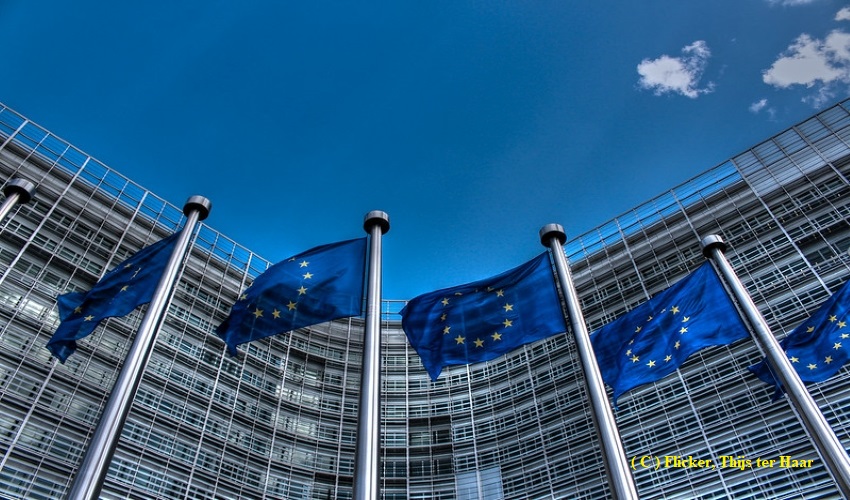

The European Union officially published the lifting of travel limitations for some third nations on July 1, as indicated by an official statement distributed by the European Union Council following weeks-long difficult discussion.
The European Union officially published the lifting of travel limitations for some third nations on July 1, as indicated by an official statement distributed by the European Union Council following weeks-long difficult discussion.
As per the official statement, the standards to proceed with the lifting of travel restrictions from the third nations cover specifically the epidemiological situation and containment protocols.
According to the criteria from 1 July, the member states should begin lifting the ban: The rundown incorporates 14 states; Australia, Georgia, Algeria, Canada, Japan, Morocco, Montenegro, New Zealand, Serbia, Rwanda, Thailand, South Korea, Uruguay, and Tunisia will be able to plan a short trip to Europe. People in China can also start traveling to Europe, but after their government consents to open China’s borders for Europeans.
As per the official statement, the list of third nations ought to be checked and updated by the Council.
A member State ought not to decide to lift the travel limitations for non-listed third nations before it’s not decided in a planned manner. The Council suggestion is not a lawfully compulsory means. The governments of the member states will stay responsible for executing the proposal. They can transparently remove travel limitations towards nations that are listed.
Concerning the epidemiological situation, third nations listed should meet the accompanying measures:
• Number of any new coronavirus cases recorded in the recent 14 days and per 100 000 occupants near to the EU average (as it was recorded on 15 June 2020).
• Stable or diminishing pattern of new cases over this period in contrast with the past 14 days.
• Overall response to the coronavirus, for example, testing, observation, contact tracing, quarantine, reporting, and treatment. The quality of the data and, if necessary, the all-out normal score for International Health Regulations (IHR). Data provided by EU committees on these viewpoints should also be considered.
• Likewise, reciprocity should be considered consistently and depending upon the situation.
For nations where travel limitations keep on applying, the following people must be excluded from the limitations:
• EU residents and their families
• Long-term EU inhabitants and their families
• Travelers with a fundamental capacity or need, as recorded in the direction.
• Schengen related nations (Iceland, Norway, Lichtenstein, and Switzerland) additionally partake in this proposal, the EU Council’s press release stated.
Article Credit: European Council/ Tass / APA
South Korea has unveiled a preferential immigration program, the Top-Tier Visa Program to recruit highly skilled foreign nationals in high-tech…
The American jewellery industry is a pillar of the luxury goods market and is warning that the US was exploring…
Novo Energy, the battery manufacturing initiative co-founded by Volvo Cars and Northvolt, announced that it would cut 50% of its…
The Trump administration announced a national review targeting approximately 450,000 migrant children who crossed the US-Mexico border without their parents,…
In a new effort to speed up deportation processes, the Trump administration is unveiling an unpopular application, which gives undocumented…
In a bid to advance inclusive hiring and access a larger talent pool, Deloitte has opened up multiple roles for…
This website uses cookies.
Read More